Description
Dwarf Bougainvillea Plant (Any Colour)
Bougainvillea Plant is a genus of thorny ornamental vines, bushes, and trees with flower-like springs left near its flower. Other common names Bougainvillea ‘Poulton’s Special’, Synonyms Bougainvillea ‘Poultonii Special’
This plant is a scandent evergreen shrub, sometimes thorny, with simple ovate leaves and clusters of small tubular flowers each enclosed by 3 showy, brightly colored ovate bracts. Species Poulton’s Special’ is an evergreen climber to 5m, with ovate leaves and clusters of magenta-rose bracts surrounding small white flowers.
These plants need support to cover a wall, fence, or another area. Create rows of wire or string against the surface that you want to be covered. Tuck the plant branches behind this guidance support at regular intervals.
Keep a close eye on growth and adjust as necessary until the bougainvillea starts covering the wall or other surface plants are a beloved addition to many gardens and walls Bougainvillea is a vine-like, thorny shrub that grows rampantly. It can be trained to climb trellises or be planted as an attractive but thornily impenetrable barrier, and it can also serve as a ground cover. Bougainvilleas have beautiful, brightly colored bracts, which are specialized leaves that contain the plant s flowers.
How to Grow Dwarf Bougainvillea ?
- Cultivation Under glass grows in loam-based potting compost in full light and water freely in summer and keeps just moist in winter. Apply a balanced liquid fertilizer monthly. If container-grown can be put outside in summer. Water sparingly in winter.
- Propagation Propagate by semi-hardwood cuttings in summer or softwood cuttings in early spring. Suggested planting locations and garden types Wall-side Borders Patio & Container Plants.
How to Care Dwarf Bougainvillea?
These tropical climbers are suitable for large containers placed in the garden during summer but must be kept frost-free in winter.
- Sunlight- For the best results keep your plants in full sun. If you want good blooming give them at least 5 hours a day of full sunlight as a minimum. More hours of direct sun is better. Less than 5 hours and the plant may not bloom very well. Your plants will thrive in shade or partial shade, but only have nice growth with little or no blooms.
- Watering- Make sure you don’t let the plants dry out between waterings. A healthy container-grown plant will drink a lot of water during the warm times of the year. In cooler periods or when you bring your plants indoors for the winter, the water requirement will be much less.
- Soil- Well-drained and fertile. Soils that work for other plants you grow will be fine.
- Temperature- Optimum growing temperatures are warm days. A light frost will not kill the plant, but you can soon expect all the leaves and bracts to fall off. In this case, the plant will regrow if not subjected to more frosts for a longer duration.
- Fertilizer- Mature plants can be heavy feed Here is some quick fertilizer tips. High phosphorus with micronutrients, as well as additional iron and magnesium low or timed-release fertilizers are acceptable.




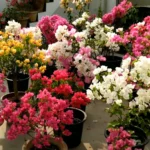
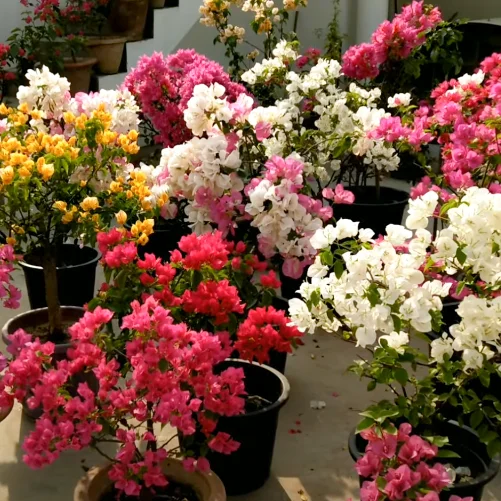
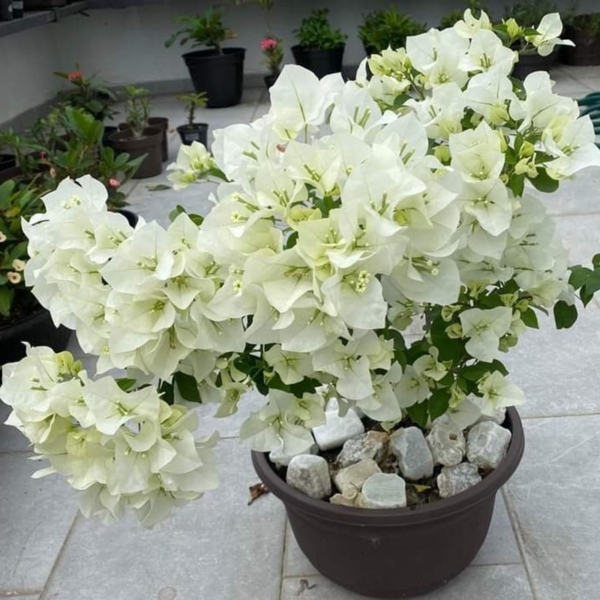
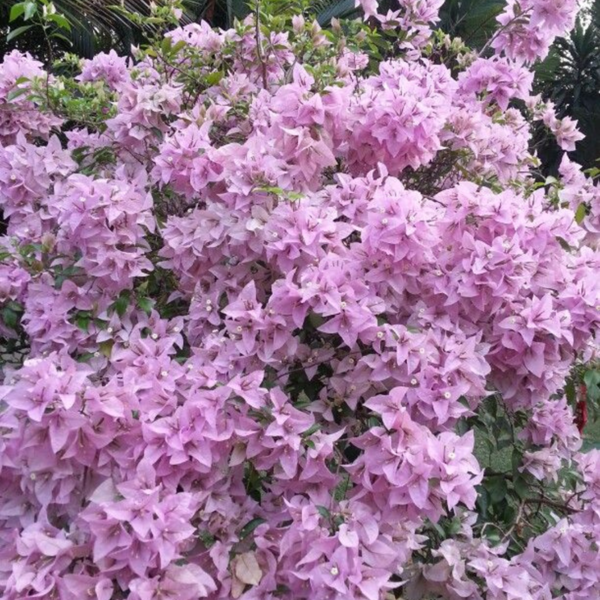


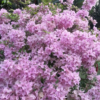
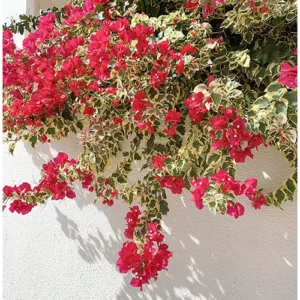
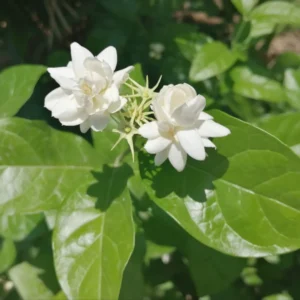
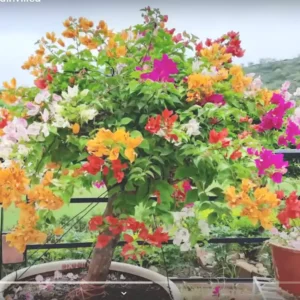
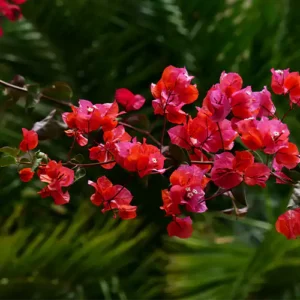
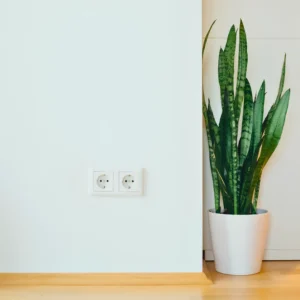
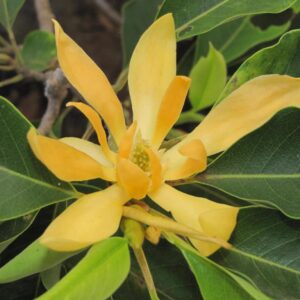

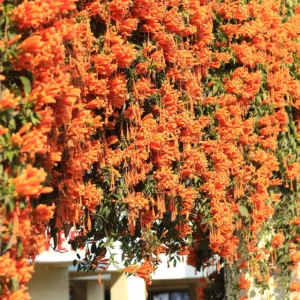
Reviews
There are no reviews yet.